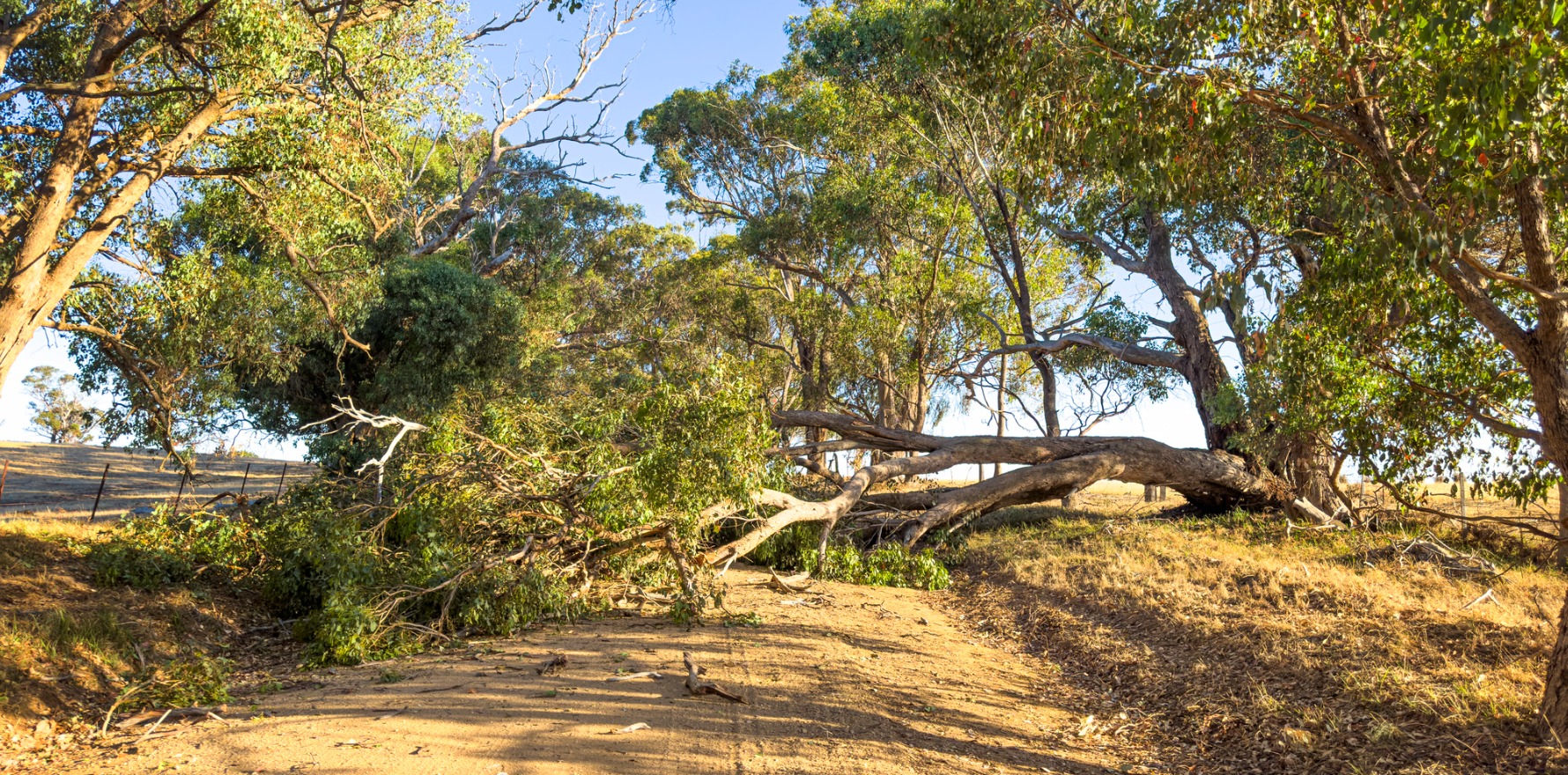The final chance to give feedback on the industry-defining report was limited to pointing out factual errors and punctuation, one stakeholder said.
With the final scope of practice report due in the next few weeks, rural doctors are particularly apprehensive – and for good reason.
Too often, they say, rural areas that are already experiencing intense workforce shortages are chosen as the testing grounds for new models of care.
Rural Doctors Association of Australia president Dr RT Lewandowski told The Medical Republic that one common assumption among metro-based health workforce planners was that there was not a concurrent shortage of allied health alongside GPs and rural generalists.
“In any of the rural towns that I’ve worked in, if someone thinks they need to see a physical therapist for a relatively straightforward condition, they’re likely to get better long before they ever see the physical therapist,” he said.
“They just don’t exist.
“There aren’t enough of them in the bush, and so changing the scope of practice for that group of people won’t change anything about the access to care in the bush.”
One of the key possibilities raised in the second scope of practice paper was allowing allied health professionals to write referrals to non-GP specialists.
The big potential issue here is longer waitlists, an issue that can get out of control very quickly in a rural setting.
“We have very infrequent or very limited access to non-GP specialists – in one of the places I work, the way we get to see a specialist is we have a plane, we put the patients on the plane, they fly, spend a couple days in Cairns, and then come back,” Dr Lewandowski said.
“But if we increase the number of people on that plane, then they have to stay longer because the specialist can’t see more people per day.
“And if they’re seeing patients that they don’t need to see … the person who actually needs to see the specialist doesn’t wait for six months, they wait for a year.”
Dr Lewandowski said the review itself had been conducted in a “unique” manner.
“[What tends to] happen in a reference group is they do interviews, everyone gives their opinion and then the reviewers collate it and then send it back out to the group and say, ‘here’s our idea, help us shape it’,” he said.
“But in this review, they independently asked everybody what their thoughts were, and then the reviewers made their conclusions.
“We had subsequent exposures to [their reports], but during the exposures we … were only allowed to comment on factual errors and punctuation.”
ACRRM president Dr Dan Halliday told TMR he was concerned that the final report – of which he had sighted a draft – did not appropriately value the models care underpinned by rural generalists and GPs.
“It’s rather disappointing that, whereby the report seems to target areas of vulnerability and look at alternative models of care outside of the medical model, it seems to just completely ignore the value and premise of the Rural Generalist medical model, which is reaching final stages of specialist recognition,” he said.
“The challenge associated with that, then, is the ability to recognise the advanced skill sets that rural general practitioners and rural generalists have, which add value to the traditional general practice specialty model.”
The Unleashing the Potential of our Health Workforce – Scope of Practice Review is set to have a final report and implementation plan ready by October.




